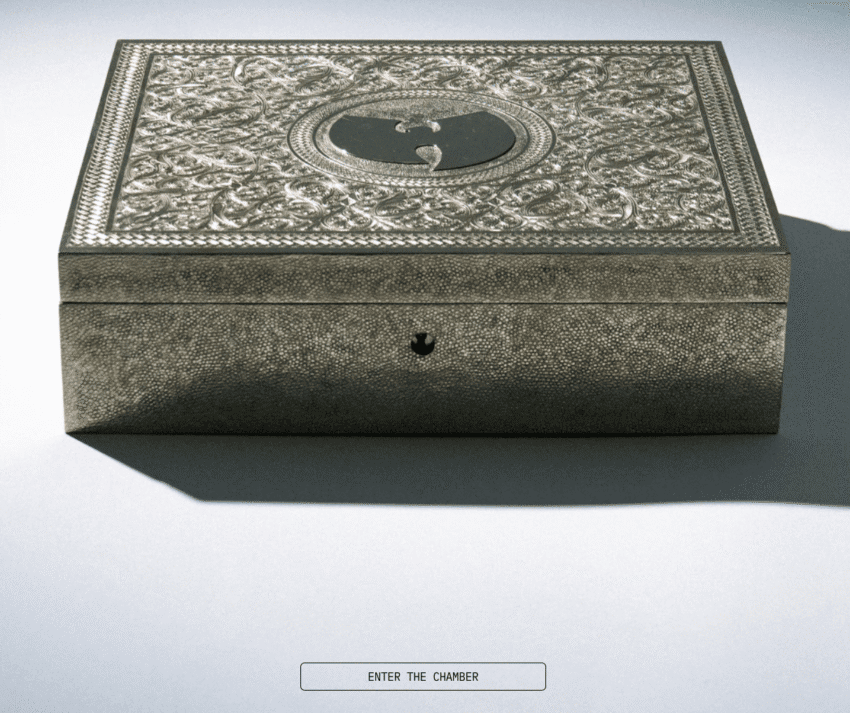
martin shkreli can be sued for copying Martin Shkreli faces a lawsuit for allegedly making unauthorized copies of the Wu-Tang Clan’s exclusive album, Once Upon a Time in Shaolin, as a U.S. District Judge allows the case to proceed.
martin shkreli can be sued for copying
Background on Once Upon a Time in Shaolin
Once Upon a Time in Shaolin is not just any album; it is a unique piece of music history. Released in 2015, the album was produced by the Wu-Tang Clan and is known for its exclusivity. Only one physical copy of the album was made, and it was intended to be sold to the highest bidder, making it a significant artifact in the world of hip-hop and music ownership. The album was designed to be a commentary on the commercialization of art and music, with the Wu-Tang Clan aiming to challenge traditional music distribution models.
The Controversial Figure: Martin Shkreli
Martin Shkreli, often referred to as a “pharma bro,” gained notoriety for his controversial business practices, particularly his decision to raise the price of the life-saving drug Daraprim by over 5,000%. His actions led to widespread public outrage, and he became a symbol of corporate greed in the pharmaceutical industry. In 2017, Shkreli was convicted of securities fraud and conspiracy to commit securities fraud, which further cemented his reputation as one of the most disliked figures in America.
Shkreli’s Acquisition of the Album
In 2015, Shkreli purchased Once Upon a Time in Shaolin for $2 million at a private auction. The sale was shrouded in controversy, as it was not just an album but a statement about the value of art and the lengths to which collectors would go to own something truly unique. Shkreli’s acquisition of the album added another layer of complexity to his already controversial persona. He claimed that he intended to use the album as a form of investment, but his actions following the purchase raised eyebrows.
The Lawsuit by PleasrDAO
In August 2021, PleasrDAO, a decentralized autonomous organization focused on acquiring digital art and unique collectibles, filed a lawsuit against Shkreli. The organization claimed that Shkreli had improperly retained copies of Once Upon a Time in Shaolin, thereby diminishing its value. PleasrDAO had purchased the album in a government auction after Shkreli was ordered to forfeit assets due to his fraud conviction. The group alleged that Shkreli had made unauthorized copies of the album and even planned to release them to the public.
Legal Proceedings and Judge’s Ruling
On Thursday, U.S. District Judge Pamela Chen issued a ruling that allowed certain claims in the lawsuit to proceed, specifically the allegation of “misappropriation of trade secrets.” While some claims were dismissed, the judge’s decision highlighted the unique nature of the album and its value derived from its exclusivity. Judge Chen stated:
“Trade secrets include all forms and types of business information,” emphasizing that as long as the criteria for maintaining secrecy and the independent economic value from that secrecy are met, the claim holds. She further noted, “there was no serious debate that the value of the Album… was largely based on its secret and exclusive nature.”
The Implications of the Ruling
The ruling has significant implications for the music industry and the concept of ownership in the digital age. The idea that an album can be considered a trade secret opens up new avenues for legal interpretation regarding intellectual property. It raises questions about what constitutes ownership and how exclusivity can be legally protected.
Trade Secrets and Intellectual Property
Trade secrets are typically associated with business practices and formulas, but the application of this concept to a musical album is unprecedented. The ruling suggests that the unique nature of Once Upon a Time in Shaolin qualifies it for protection under trade secret laws. This could set a precedent for how exclusive works of art and music are treated legally in the future.
Stakeholder Reactions
The reactions to the lawsuit and the ruling have been mixed. Supporters of PleasrDAO argue that Shkreli’s actions threaten the integrity of unique art forms and that the legal system must protect the rights of creators and collectors. Critics, however, question whether the legal system should intervene in matters of artistic ownership and whether the concept of trade secrets should extend to creative works.
Shkreli’s Response and Public Perception
Despite facing legal challenges, Shkreli has remained vocal about his actions. According to PleasrDAO’s filing, Shkreli admitted in livestreams that he had made copies of the album. He allegedly taunted a member of the DAO, stating, “LOL I have the mp3s you moron,” showcasing his characteristic bravado. This behavior has not only drawn ire from the public but has also raised questions about his understanding of the legal and ethical implications of his actions.
The Broader Context of Music Ownership
The case also reflects broader trends in the music industry regarding ownership and distribution. With the rise of digital streaming services, the traditional model of music ownership has been challenged. Artists and collectors are increasingly looking for ways to create value in exclusive content, whether through limited releases, NFTs, or other innovative formats. Shkreli’s actions serve as a cautionary tale about the complexities of ownership in a rapidly evolving landscape.
Future Developments
As the lawsuit progresses, it will be interesting to see how the legal system navigates the complexities of trade secrets in the context of artistic works. The outcome could have far-reaching implications for artists, collectors, and the music industry as a whole. If PleasrDAO is successful in its claims, it may pave the way for more stringent protections for unique artistic creations, potentially reshaping how exclusivity is valued in the digital age.
Conclusion
The lawsuit against Martin Shkreli for allegedly copying the Wu-Tang Clan’s Once Upon a Time in Shaolin highlights the intersection of art, law, and commerce. As the case unfolds, it will not only determine the fate of this iconic album but may also redefine the legal landscape surrounding ownership and exclusivity in the creative sector. The implications of this case extend beyond Shkreli and the Wu-Tang Clan, touching on fundamental questions about the nature of art and its place in a rapidly changing world.
Source: Original report
Was this helpful?
Last Modified: September 28, 2025 at 2:36 am
1 views















